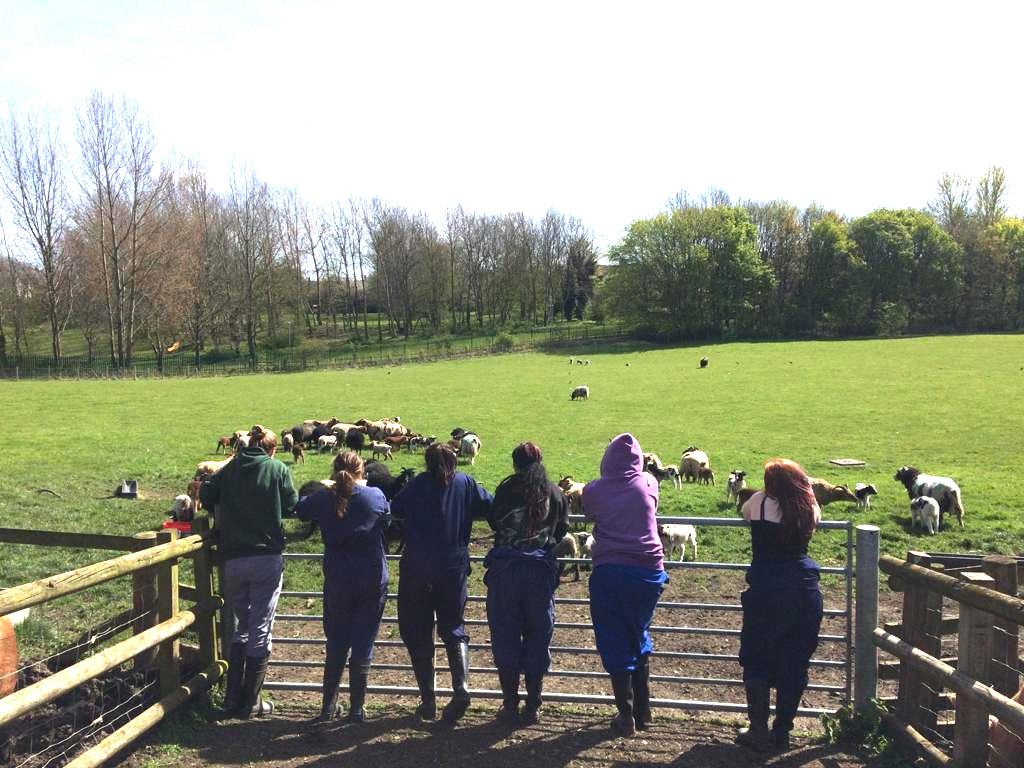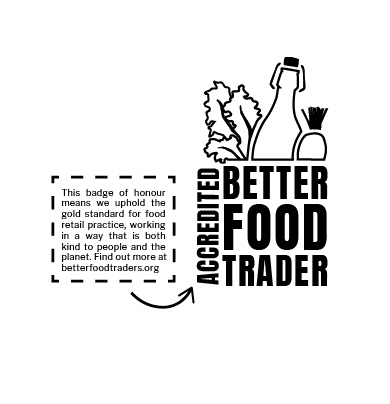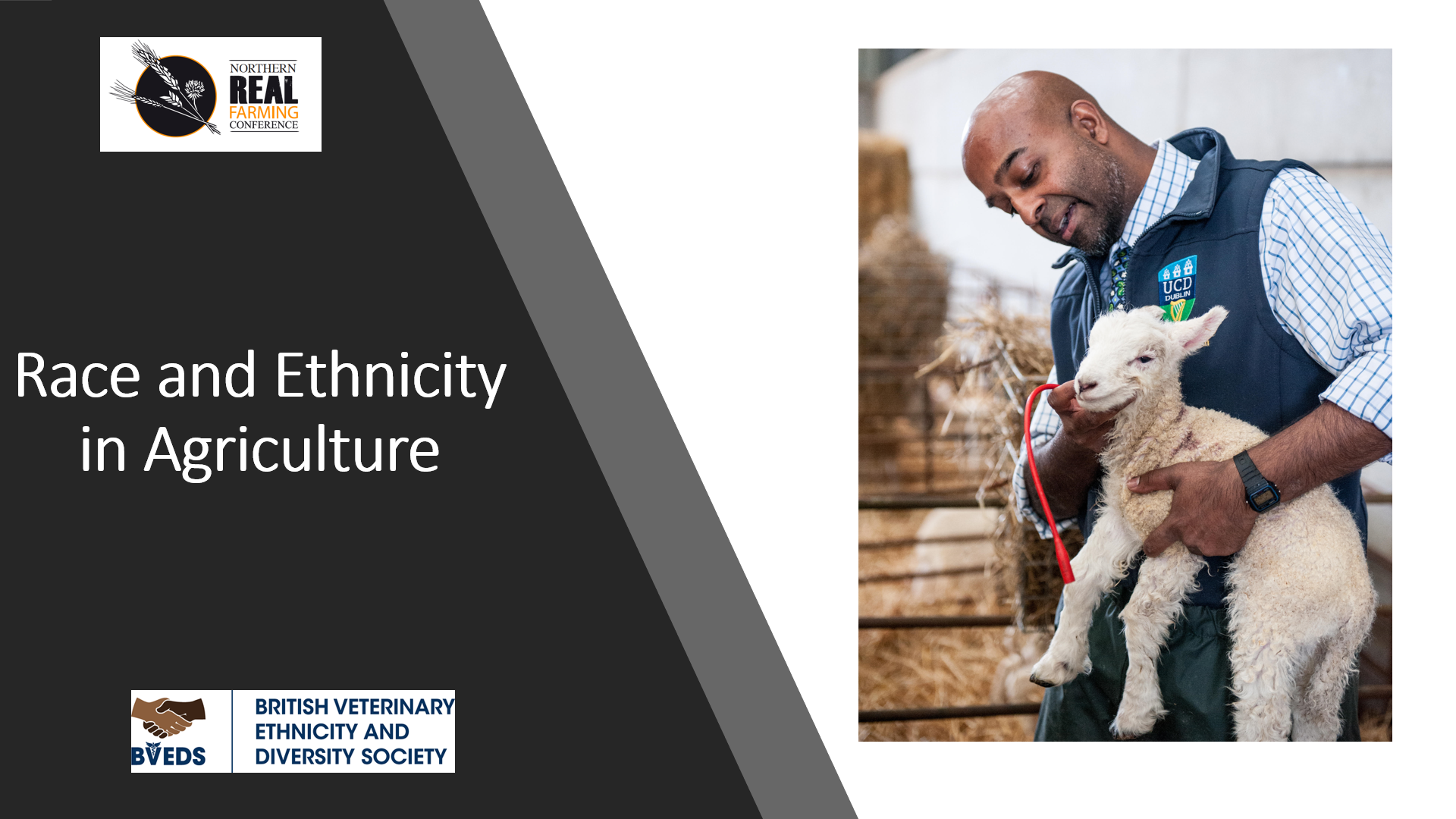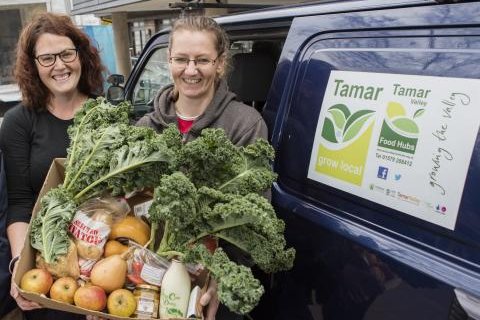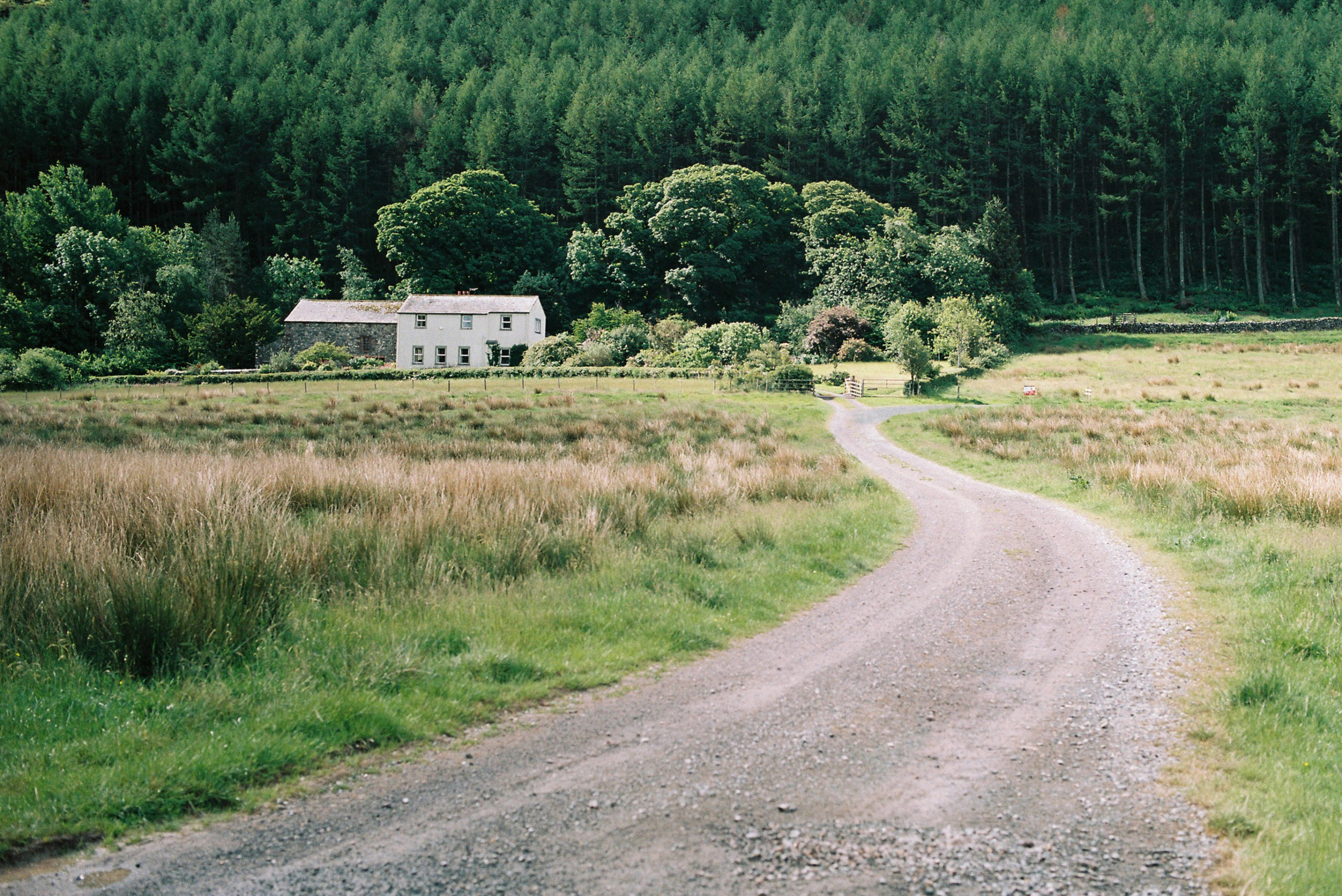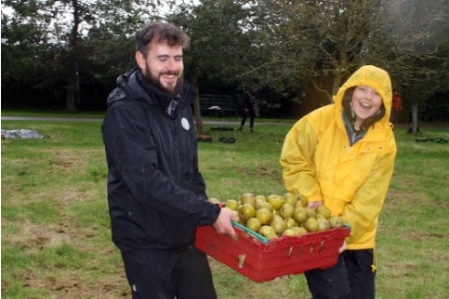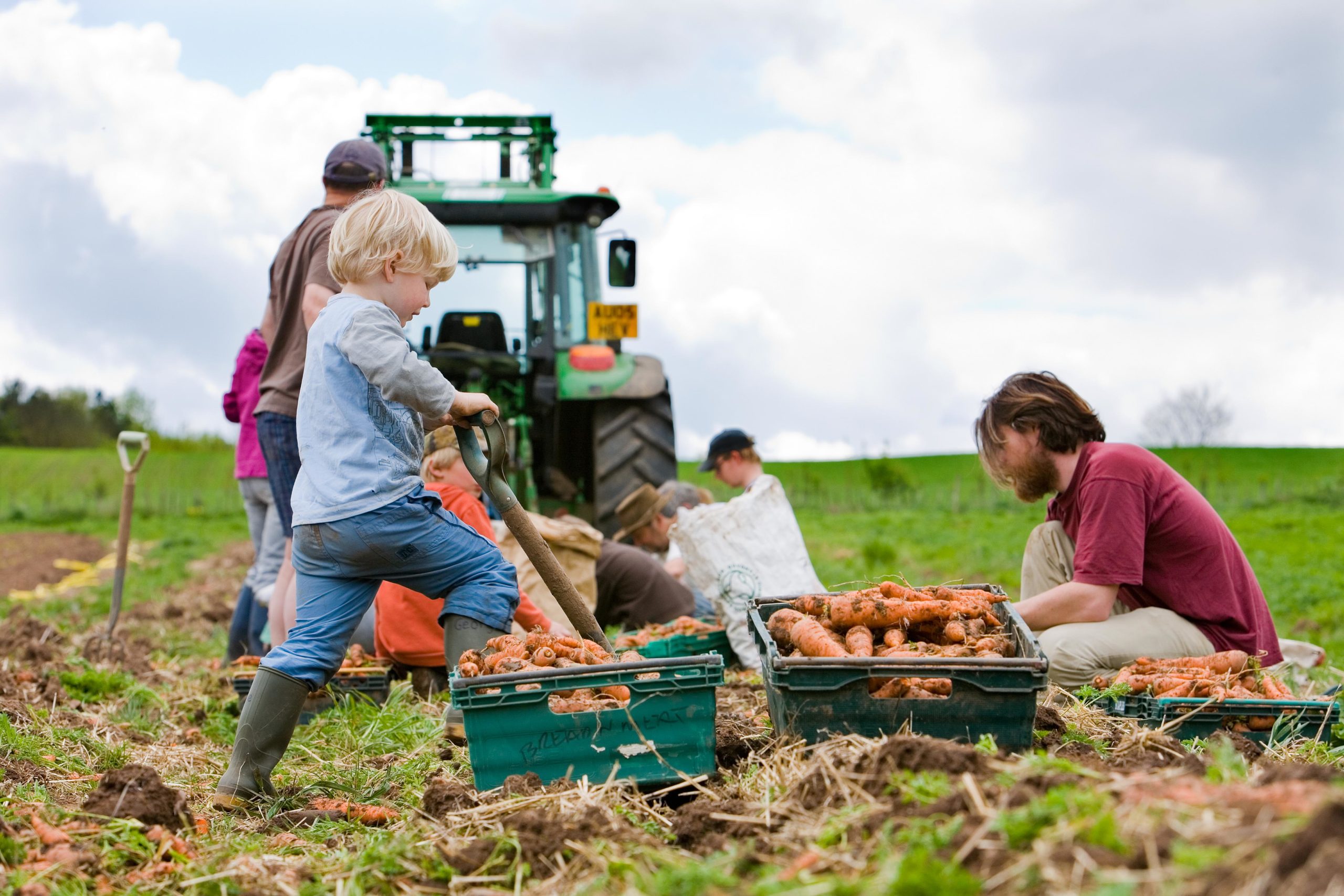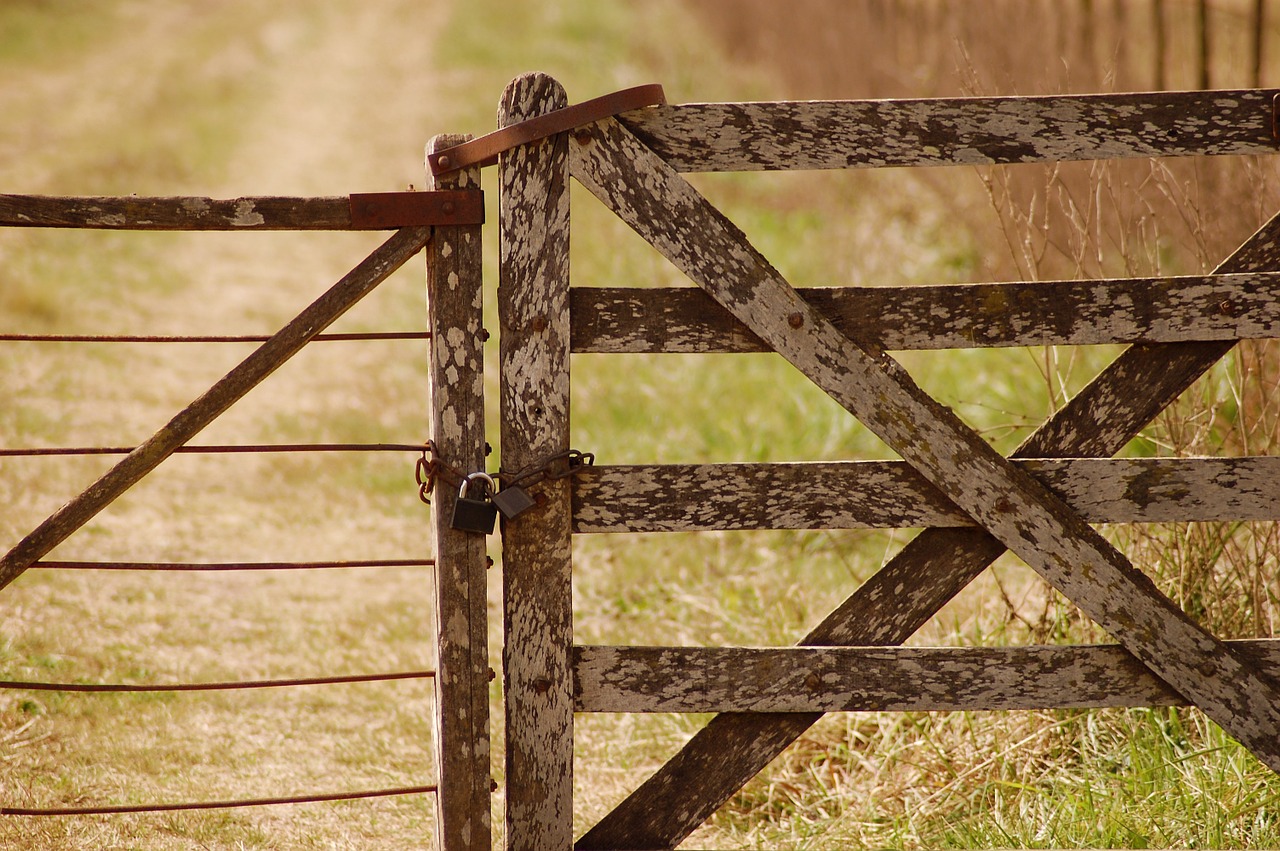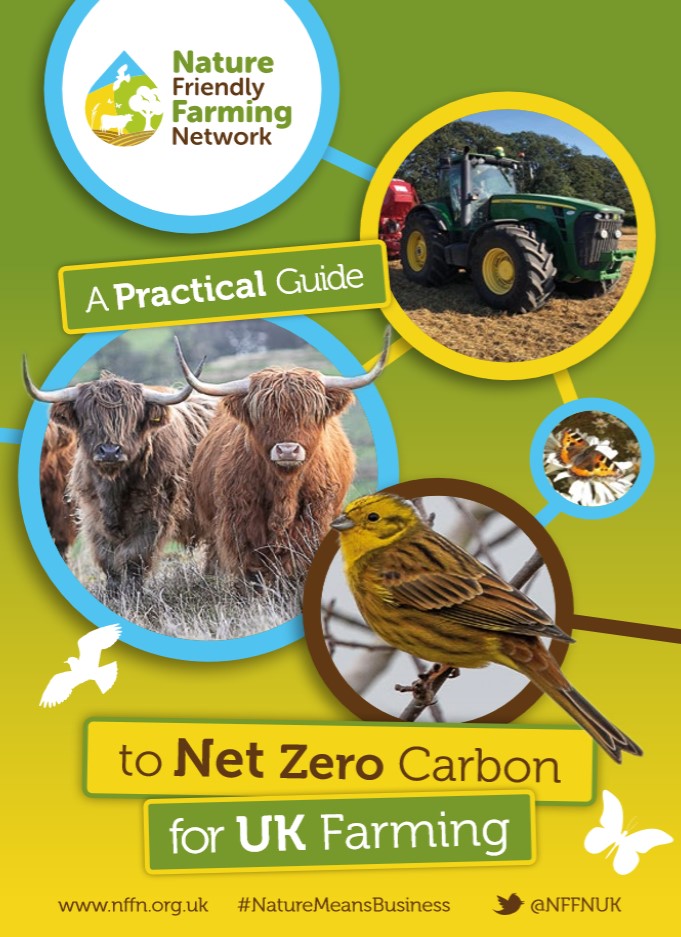Hosted by researchers and artists at Newcastle University.
Our panel discussion session explored the research and experiences of people who are traditionally not seen as on the front lines of agriculture. Attendees gained insight into the work being done to expand accessibility in and to agriculture as well as perspectives from individuals who have previously been seen as ‘outsiders’. Additionally, the session highlighted the benefits of diversity to a successful agricultural sector.
Speakers/hosts:
Sally Shortall is the Duke of Northumberland Professor of Rural Economy, Newcastle University in the UK, and an Honorary Professor in Queen’s University Belfast. She is interested in agriculture, farm families, and the role of women in agriculture. She has carried out research on women in agriculture for the FAO, the European Parliament, the European Commission and is currently advising the European Court of Auditors on gender mainstreaming the European Agriculture Guidance Fund.
Dr Ruth McAreavey is a Reader in Sociology at Newcastle University. Ruth grew up on a farm in County Armagh. Her research is focused on migration to rural and regional places and she is also interested in wider questions of rural development and regeneration. She has recently completed research for the Scottish Government on seasonal agricultural workers and her monograph on migration was published with Routledge in 2017. She is currently co-editor of Sociologia Ruralis.
Hannah Budge is an ESRC funded PhD student at the Centre of Rural Economy, Newcastle University, UK. Her thesis will examine the role of women in agriculture in the Scottish Islands, looking at the barriers in this industry experienced between and within these communities. This project will focus on factors such as the various land tenure systems on the islands and religious differences and if these impact on agriculture communities.
Joanne Coates is an artist in residence for the Centre Rural Economy at Newcastle University and has been exploring reasons for gender bias as part of her residency. Although the Covid-19 lockdown has halted her artwork, she highlights how feminism and women’s leadership are viewed in farming and further afield.
Hannah Davis is a Lecturer in Ruminant Nutrition and Pasture Management at Newcastle University. Hannah’s research aims to understand how dairy management practices affect milk quality, animal health and environmental impact with a view to optimise sustainable farming systems. As a PhD researcher, this included studying the fat composition of cow milk produced under different management practices (conventional, organic, 100% forage-fed) and analysing data from the Low Input Breeds project (www.lowinputbreeds.org) to identify breed combinations best suited to low-input diary production. Outside of research, Hannah is a member of the LGBT+ steering group at Newcastle University as well as a Trustee of the Bill Quay Community Farming Association in Gateshead.
A blog post about the outcomes of the session is available here.
